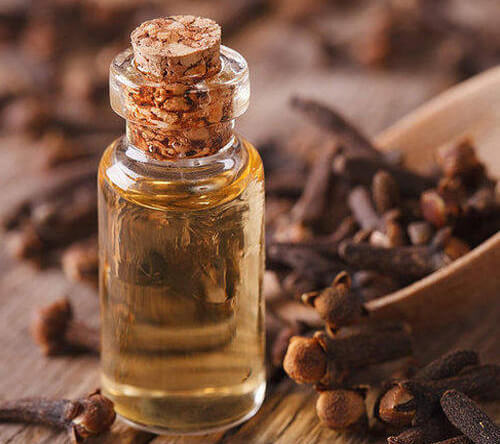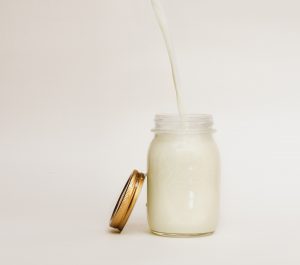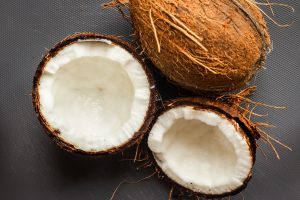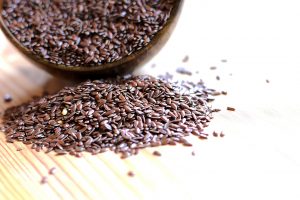Clove oil is an essential oil that’s derived from clove trees. The clove tree, known as Syzygium aromaticum, is native to Southeast Asia, although today you may find it growing in other locations, too.
Clove oil is produced by distilling the dried flower buds that are collected from the clove tree. Other parts of the tree, such as the stem and leaves, may also be used.
Clove oil, which ranges in color from colorless to light yellow and has a strong, spicy aroma, has been used for centuries in a variety of applications.
Benefits Of Clove Essential Oil
Antimicrobial activity
- In a study from 2012, researchers found that clove oil had the ability to kill staph bacteria cells in liquid culture and in biofilm. A biofilm is a community of bacteria that lives together, shielded by a protective, slimy film.
- Most antibiotics aren’t effective at penetrating the biofilm and killing staph bacteria but, according to this study, clove oil seems to be able to.
- A 2017 studyTrusted Source looked at the antifungal activity of several essential oils. Of the oils tested, clove oil was the most effective at stopping the growth of a range of fungi with environmental origins
- In a 2005 studyTrusted Source, researchers investigated the effect of eugenol, a major component of clove oil, on the yeast Candida albicans. This yeast can cause fungal infections such as athlete’s foot, oral thrush, and vaginal yeast infections.
- According to the authors of the study, eugenol had the ability to kill the yeast, both in culture and in a rat model.
- A 2018 studyTrusted Source looked at the effect of essential oils on a variety of bacteria that cause respiratory infections, such as pneumonia and influenza.
- Although the effects were lower than the antibiotics tested, clove oil did have antibacterial activity when added to liquid culture or introduced as a vapor.
Dental uses
In 2012, researchersTrusted Source investigated the effect of clove oil on the dental erosion of teeth by acidic beverages, like apple juice. Dental erosion of teeth can lead to cavities.
According to the study, clove oil and its molecules were effective at preventing dental erosion, leading the authors to believe that clove oil may work in a similar way to fluoride in preventing cavities.
A 2016 studyTrusted Source tested 10 natural plant products to see how effective they were against organisms that cause oral cavities. Clove oil was found to be the most effective at inhibiting cavity-causing organisms.
A 2006 studyTrusted Source compared the pain-relieving ability of clove gel and benzocaine.
Researchers found that participants who were tested with either clove oil or benzocaine had significantly lower pain scores than the placebo group. This led the authors of the study to believe that clove oil may be effective as a topical anesthetic.
Skin applications
In 2017, researchersTrusted Source tested clove oil to see whether, when applied to the skin, it had any effect on chronic itching. The study found that, compared to petroleum oil, clove oil significantly relieved itching.
A study from 2007Trusted Source compared the topical use of clove oil cream in the treatment of anal fissures with stool softeners and lignocaine cream.
After 3 months, researchers noted healing in 60 percent of people in the clove oil group, compared to only 12 percent in the stool softeners and lignocaine group.
Anticancer properties
A study from 2014Trusted Source looked at the effect that clove oil had on a line of human breast cancer cells in vitro, which means the cells were tested in a dish or test tube. The researchers found that clove oil, in certain quantities, was toxic to the cancer cells.
In another in vitro studyTrusted Source, researchers found that clove oil stopped the growth of several cancer cell lines, including but not limited to breast, cervical, and colon cancer. Clove extract also increased cell death and disrupted cell division in a colon cancer cell line.




